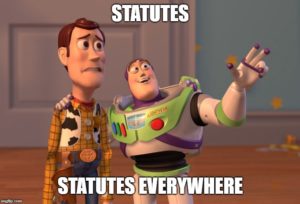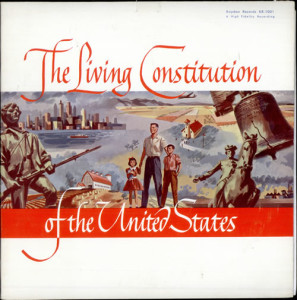 In Stegall v. TML Multistate Intergovernmental Employee Benefits Pool, Inc., the panel majority (Justice Pedersen writing, joined by Justice Whitehill) held that a serious medical-treatment claim about cancer treatment was barred by the sovereign immunity of two parties:”TML . . . an intergovernmental self-insurance risk pool that operates under the Texas Interlocal Cooperation Act,” and UMR . . . one of TML’s third-party administrators.” It summarized: “This case presents an emotional and tragic scenario in which we are asked to ignore the governmental immunity enjoyed by TML and UMR. However, this Court . . . must apply the law, and mandatory authority interpreting such law, to effectuate the Legislature’s intent.”
In Stegall v. TML Multistate Intergovernmental Employee Benefits Pool, Inc., the panel majority (Justice Pedersen writing, joined by Justice Whitehill) held that a serious medical-treatment claim about cancer treatment was barred by the sovereign immunity of two parties:”TML . . . an intergovernmental self-insurance risk pool that operates under the Texas Interlocal Cooperation Act,” and UMR . . . one of TML’s third-party administrators.” It summarized: “This case presents an emotional and tragic scenario in which we are asked to ignore the governmental immunity enjoyed by TML and UMR. However, this Court . . . must apply the law, and mandatory authority interpreting such law, to effectuate the Legislature’s intent.”
A dissent (Justice Partida-Kipness) saw the issue differently: “By creating and participating in the risk pool, TML performed a governmental function for which immunity applies. The governmental nature of its actions, however, ended with that pooling. Stegall maintains that TML and UMR caused the wrongful death of her husband through improper claims adjustment procedures and decisions. . . . . Those actions are not governmental functions because they are decisions related to the adjusting of an individual insurance claim.” No. 05-18-00239-CV (Oct. 2, 2019) (mem. op.) (all emphasis added).


